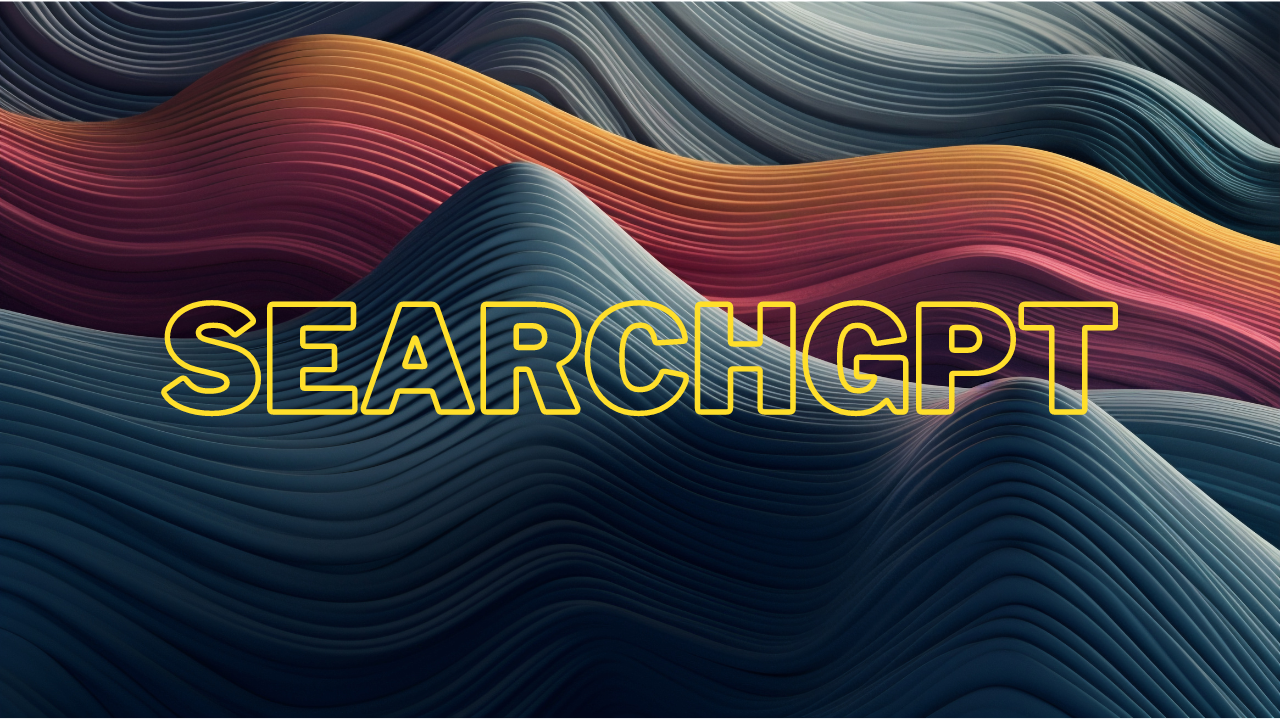Key takeaways:
- OpenAI introduces SearchGPT, an AI search engine powered by its AI models. SearchGPT is a direct challenge to Google Search.
- SearchGPT will answer user queries just like ChatGPT, but it can access real-time information and provide links to sources. Top features will be embedded into ChatGPT in the future.
- Can it really dethrone Google? Bing, Yahoo and many others have tried and failed.
It’s a moment every CEO dreads: A serious competitor launches a new technology or service that could fundamentally disrupt their core business.
OpenAI did just that to Google. This week, it unveiled SearchGPT, an AI-powered web search engine whose top features will be added to ChatGPT in the future. Calling it “a new way to search,” OpenAI is testing the prototype with a small group of users and publishers. Sign up for the waitlist here.

“Getting answers on the web can take a lot of effort, often requiring multiple attempts to get relevant results,” OpenAI said in a blog post. “By enhancing the conversational capabilities of our models with real-time information from the web, finding what you’re looking for can be faster and easier.”
OpenAI said SearchGPT will “quickly and directly” respond to your questions with “up-to-date information from the web while giving you clear links to relevant sources.”
Users can ask follow-up questions without repeating their query, “like you would in a conversation with a person,” the startup said.
Can OpenAI succeed where Bing couldn’t?
Google might already have an inkling this would happen: Earlier this year, it debuted “AI Overviews” to supplement traditional searches. When a person uses Google search, a summary or overview pops up to answer in prose – similar to an LLM chatbot – before providing a list of website links.
The hope is to keep the user experience attractive, so people will stay with Google Search. The stakes are high: In Google’s latest earnings report, search revenues comprise 57% of second-quarter revenue. After OpenAI announced SearchGPT, shares of Google fell by nearly 3%.
While other AI startups are also working on search, OpenAI’s SearchGPT arguably is the one most like Google Search in ambition, as it seeks to handle the world’s searches. Other AI startups tend to focus on developing domain-specific search engines.
Many other companies have tried to dethrone Google Search for decades. Microsoft’s Bing couldn’t do it, even after adding an AI chatbot based on OpenAI’s models. But one could argue that ChatGPT stands a chance with its popularity: Since its November 2022 debut, the chatbot LLM has been used by 23% of U.S. adults as of February, according to Pew Research Center.
Moreover, ChatGPT has a first-mover advantage that Bing did not have. (Bing came out in 2009 vs. Google Search in 1998). ChatGPT is the public’s first experience with chatbot LLMs. But then Google wasn’t the first web search engine, either. It beat Yahoo!, which itself beat many other rivals such as Altavista, Infoseek, Ask Jeeves and Lycos.
Working with publishers
For SearchGPT, OpenAI is working with publishers and content creators, who want their website links to be displayed in search results so they can get the traffic. Google Search lets them do that while ChatGPT currently does not.
OpenAI said SearchGPT will “prominently” cite sources and provide links to them. In a statement, News Corp. CEO Robert Thomson said that”the relationship between technology and content must be symbiotic and provenance must be protected.”
Publishers also can manage how they appear in SearchGPT. Websites that opt out of being crawled by OpenAI’s bots, which gather data to train AI models, will still appear in SearchGPT.


